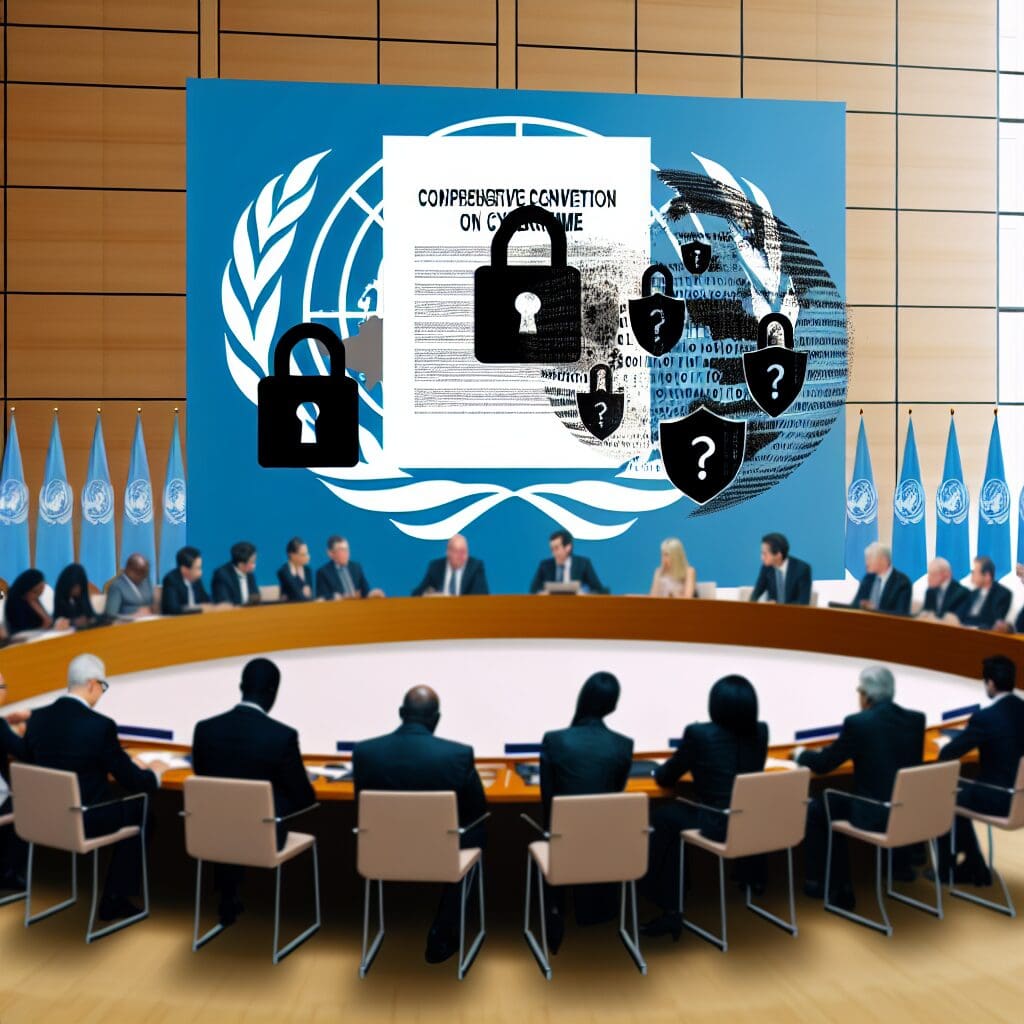The United Nations has taken a significant step in its fight against cybercrime by adopting its first comprehensive convention on this critical issue. This historic agreement addresses the growing concerns surrounding cybersecurity, aiming to establish a global framework for cooperation among member states. The new treaty will be presented to the General Assembly for formal adoption, with implementation contingent on ratification by 40 countries.
This convention marks a pivotal moment in international law, particularly as cybercrimes have surged in recent years, affecting individuals and businesses alike. The rise in ransomware attacks, data breaches, and online fraud necessitates a cohesive and coordinated response. According to recent studies, cybercrime costs the global economy over $600 billion annually, highlighting the urgency for governments to collaborate effectively.
Countries from diverse regions will be engaged in this convention’s ratification process, signaling a shared commitment to combating cyber threats that transcend borders. Establishing standard definitions and regulations for cyber offenses is expected to enhance cooperation between nations, equipping them to combat cybercrime more effectively.
Furthermore, the treaty encourages the sharing of information and best practices, enabling nations to bolster their own cybersecurity measures. By fostering a multi-faceted approach, the UN aims not only to enhance global security but also to protect the rights of individuals and businesses in the digital age.
As the treaty moves closer to ratification, the onus is on member states to acknowledge the gravity of cyber threats and act decisively. Adopting this comprehensive convention represents a crucial step towards safeguarding our interconnected world, making it imperative for all nations to understand and participate in this unprecedented initiative.












